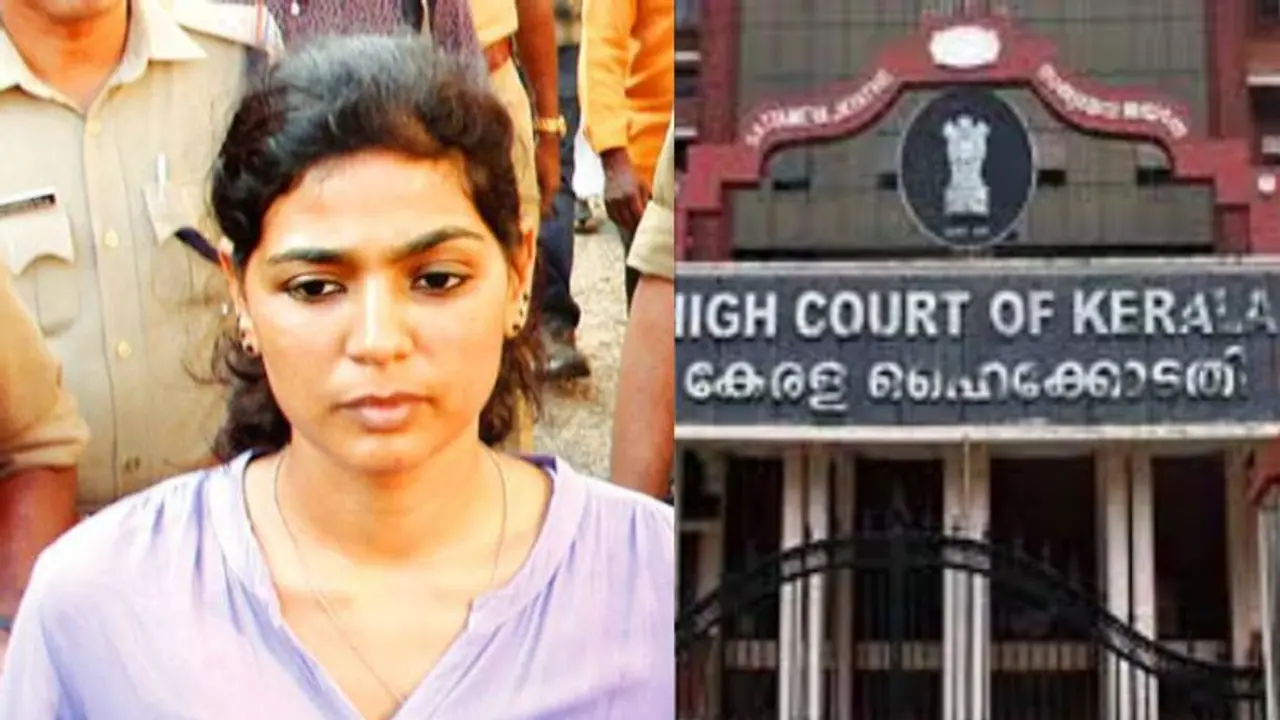The court headed by Justice Kauser Edappagath dismissed the proceedings against controversial woman activist Rehana Fathima, stating that it was not possible for anyone to infer that her children were used for any real or simulated sexual acts and that too for sexual gratification.
Kochi: The Kerala High Court on Monday (June 5) ruled on a POCSO case involving a woman's rights activist who was booked for sharing a video in which she was posing semi-naked for her kids. The video caused significant controversy, and the case was ultimately brought before the court.

The court headed by Justice Kauser Edappagath dismissed the proceedings against controversial woman activist Rehana Fathima, stating that it was not possible for anyone to infer that her children were used for any real or simulated sexual acts and that too for sexual gratification.
Rehana Fathima gained attention earlier after a video of her posing semi-naked for her young children generated an uproar. She was letting the kids paint on her partially-naked body in the video.
According to the court, she only permitted her children to use her body as a canvas for their artwork.
"The right of a woman to make autonomous decisions about her body is at the very core of her fundamental right to equality and privacy. It also falls within the realm of personal liberty guaranteed by Article 21 of the Constitution," it said.
The decision was made in response to Fathima's appeal of a trial court ruling that had rejected her request to have the case dismissed.
She had argued in her appeal to the high court that the body painting was intended as a political statement against society's presumption that a woman's naked upper body is sexualized in all situations but a man's upper body is not subject to this presumption.
According to the judge, it is "harsh" to characterise such "innocent artistic expression" as using a child in a real or pretend sexual act.
"There is nothing to show that the children were used for pornography. There is no hint of sexuality in the video. Painting on the naked upper body of a person, whether a man or a woman, cannot be stated to be a sexually explicit act," the court said.
According to the prosecution, Fathima displayed her upper body in the video, making it obscene and indecent.
The court rejected the argument by stating that "nudity and obscenity are not always the same."
"Every individual is entitled to the autonomy of his/her body - this is not selective on gender. But we often find this right is diluted or denied to the fairer sex.
"The women are bullied, discriminated against, isolated, and prosecuted for making choices about their bodies and lives," the court said.
The court added that some people view female nudity as taboo and only appropriate for sensual purposes and that this double standard in society was what motivated Fathima to show the video.
"Nudity should not be tied to sex. The mere sight of the naked upper body of the woman should not be deemed to be sexual by default. So also, the depiction of the naked body of a woman cannot per se be termed to be obscene, indecent, or sexually explicit," Justice Edappagath said.
The court also stated that it is clear from the testimony of Fathima's children that their mother loves and takes good care of them.
"A mother-child relationship is one of the earth's most solemn and pious relationships. There is no bond stronger and more sincere than the one between a mother and her child.
"No doubt, the prosecution of the petitioner (Fathima) will have torture and adverse effect on the children. Hence, in the best interest of the victims also, the prosecution cannot be allowed to be continued," it said.
Based on a complaint made against her by Kerala's cyber division, Cyberdom, for sharing the video "Body and Politics," Kochi city police filed the case against her under several provisions of the Protection of Children from Sexual Offences (POCSO) Act and the IT Act.
Also read: Depression over Arabian Sea: Kerala likely to receive heavy rainfall
